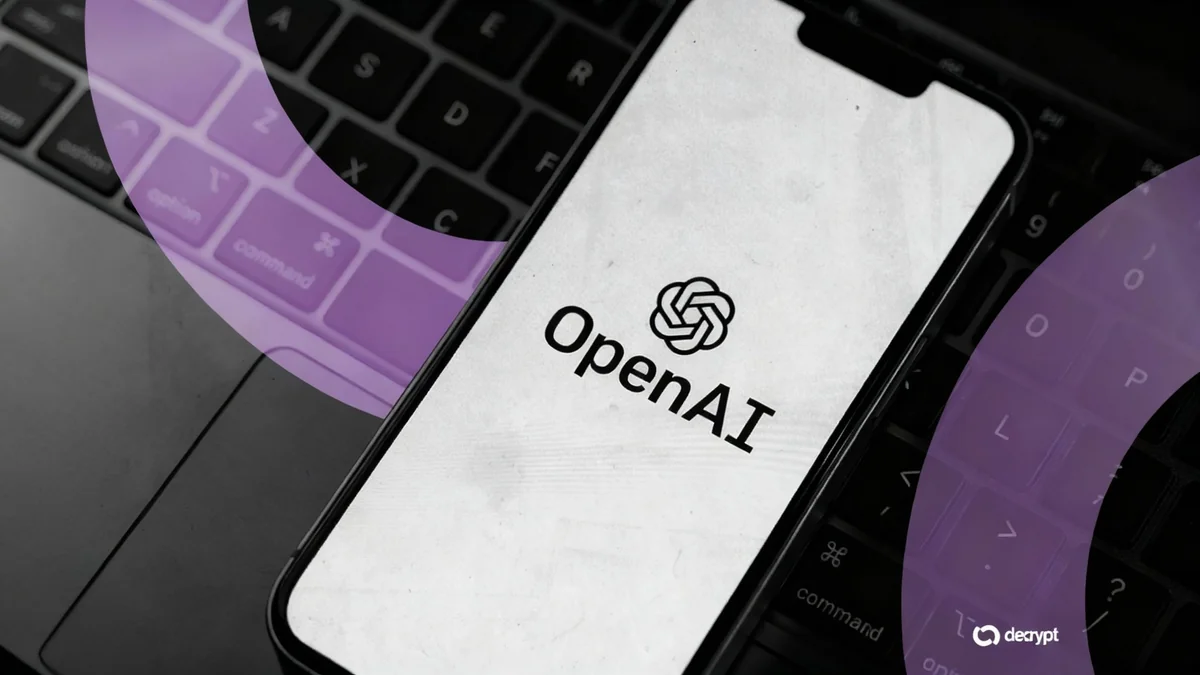Two brothers, both educated at MIT, are currently facing a federal trial in Manhattan regarding an alleged $25 million cryptocurrency theft. The case centers on a 12-second transaction on the Ethereum blockchain in April 2023. Prosecutors claim this was a meticulously planned fraud, while the defense argues it was a legitimate maneuver to outsmart automated trading bots in a volatile market.
Key Takeaways
- James and Anton Peraire-Bueno, MIT graduates, are on trial for a $25 million crypto theft.
- The alleged theft occurred in 12 seconds on the Ethereum blockchain in April 2023.
- Prosecutors cite online searches for "how to wash crypto" as evidence of planning.
- Defense attorneys contend the brothers merely outsmarted "predatory" trading bots.
- Charges include conspiracy, wire fraud, and money laundering, each carrying a maximum 20-year sentence.
Allegations of a Carefully Planned Crypto Heist
Federal prosecutors assert that James Peraire-Bueno, 29, and Anton Peraire-Bueno, 25, executed a sophisticated fraud scheme. They allege the brothers spent at least three months planning the theft. This planning included online searches for phrases such as "how to wash crypto" and "top crypto lawyers." Prosecutors also noted a search for "Money launder statue of limitations," which contained a misspelling of "statute."
The brothers reportedly used "bait transactions" to identify and study the trading patterns of three victim traders. This allowed them to understand how the victims' automated trading bots operated. The goal was to create an irresistible trading scenario that these bots would automatically engage with.
Case Details
- Accused: James Peraire-Bueno (29) and Anton Peraire-Bueno (25)
- Alleged Theft Amount: $25 million
- Blockchain Used: Ethereum
- Transaction Duration: 12 seconds
- Charges: Conspiracy, wire fraud, money laundering
- Maximum Sentence: 20 years per count
Exploiting a Software Vulnerability
Prosecutors describe the core of the alleged scheme as exploiting a software vulnerability. This allowed the brothers to gain a brief, private view of pending transactions. They then allegedly "tampered" with these transactions in a "bait-and-switch" maneuver. This manipulation ensured that instead of profitable trades, the victims received essentially worthless, illiquid cryptocurrency.
The indictment, a 19-page document, states that the brothers "exploited the very integrity of the Ethereum blockchain." They are accused of manipulating the process by which transactions are validated and added to the blockchain. This gave them fraudulent access to private transaction details, which they then altered to obtain the victims' cryptocurrency.
"Using the specialized skills developed during their education, as well as their expertise in cryptocurrency trading, they exploited the very integrity of the Ethereum blockchain," prosecutors stated in the indictment.
Defense Argues Fair Play in Crypto's Wild West
The defense team for the Peraire-Bueno brothers plans to argue that no fraud occurred. They contend that the brothers simply outmaneuvered "predatory" automated trading bots. According to the defense, this action falls within the bounds of fair play in the largely unregulated world of cryptocurrency trading.
Patrick Looby, representing James Peraire-Bueno, highlighted the decentralized nature of the Ethereum blockchain. He argued that there is "no central authority" and "no government regulations" governing it. Instead, he claimed, economic incentives guide participants' behavior. The defense believes prosecutors are attempting to criminalize actions that have never before been considered unlawful, such as exploiting a software vulnerability or using a transaction as "bait."
Legal Framework in Crypto
The case highlights challenges in applying traditional fraud laws to decentralized cryptocurrency markets. The absence of a central authority and specific regulations for certain crypto activities creates legal ambiguities. This trial could set important precedents for future cryptocurrency-related legal actions.
No Direct Communication, No Intent to Defraud?
A central point of the defense argument is the lack of direct communication between the Peraire-Bueno brothers and the alleged victims. Looby stated, "For fraud, there needs to be a promise to the victim." He added, "Here, there is no alleged communication at all between the Peraire-Buenos and the traders. And for that reason as well, there's no alleged intent to defraud."
The defense also suggested that the alleged victims engaged in risky trading strategies that simply did not yield expected returns. They argue that nothing was stolen in the traditional sense, as the victims lost their cryptocurrency through pre-programmed trades without direct interaction with the brothers.
- The defense sought to dismiss the indictment earlier this year, but the motion was unsuccessful.
- They argued that no Ethereum user would have understood thwarting "predatory bots" could lead to criminal charges.
- The defense asserts that no court has applied these statutes to similar transactions before.
The trial is expected to continue into early November. This case is being closely watched, as its outcome could significantly influence how cryptocurrency transactions and vulnerabilities are legally interpreted in the future.





